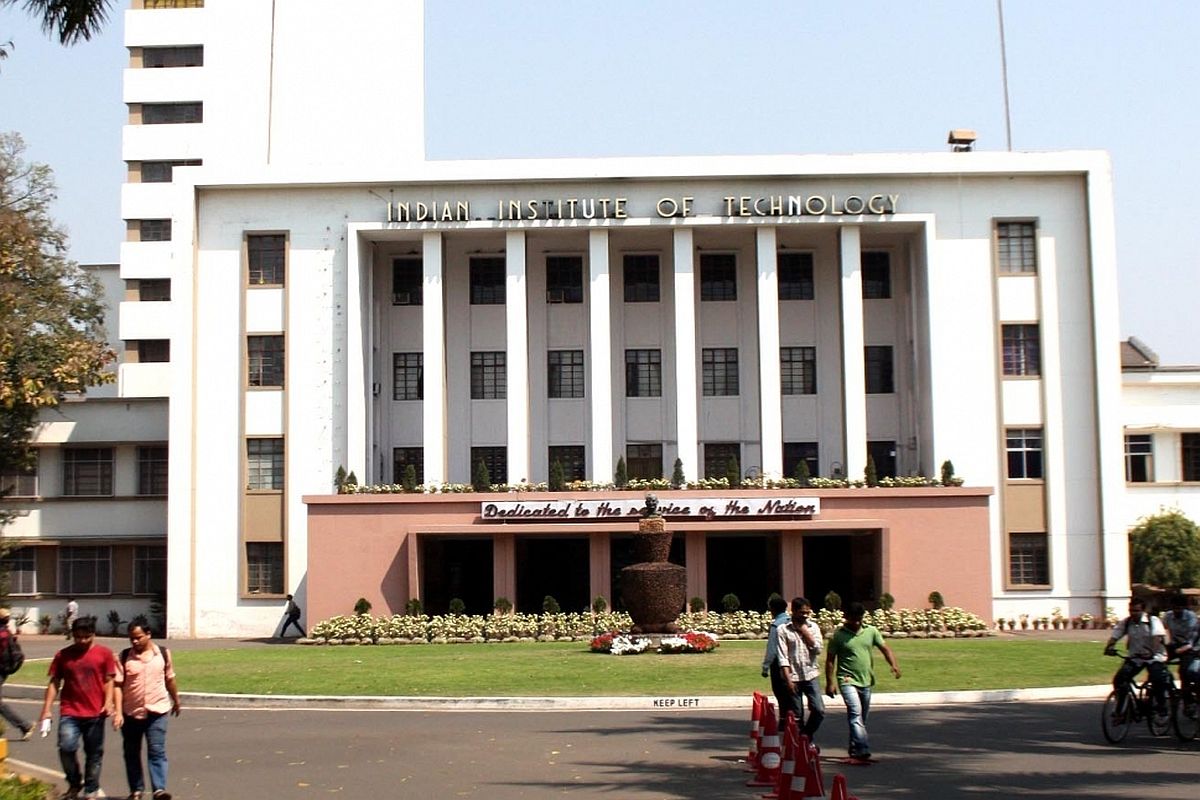In a significant stride towards fostering innovation and technological advancement, the Indian Institute of Technology Kharagpur (IIT Kharagpur) and the Indian Navy have inked a Memorandum of Understanding (MoU) at the naval headquarters, New Delhi.
Rear Admiral K Srinivas, assistant chief of materiel (Dockyard & Refit) at naval headquarters and Prof Rintu Banerjee, dean of research and development (R&D) at IIT-Kharagpur formalized the agreement in presence of Prof Virendra Kumar Tewari, director of IIT-Kharagpur.
Advertisement
The MoU underscores a shared commitment to propel technology development, foster innovative solutions and collaborate on joint research and development endeavours. A diverse array of domains encompassing propulsion systems, instrumentation, nanotechnology, robotics, quantum computing and more will be explored under this strategic partnership.
Additionally, specialized studies pertaining to computational fluid dynamics, hull appendage interaction, aerodynamics, and steel technology will also be pursued.
Prof V K Tewari, director of IIT-Kharagpur, expressed his optimism about the collaboration, emphasizing its potential to enhance scientific understanding and promote academic cooperation. He highlighted that the partnership will facilitate research projects sponsored by the Indian Navy, thereby addressing critical challenges and advancing technological capabilities.
The collaboration will be overseen by INS Shivaji, Lonavala, and will entail joint research and development initiatives involving teams from both entities. This synergy between academia and the military signifies a pivotal step towards fostering an environment conducive to innovation, knowledge exchange, and strategic growth.
The MoU between IIT-Kharagpur and the Indian Navy symbolizes a landmark initiative aimed at leveraging collective expertise to drive technological innovation and address contemporary challenges in defence and beyond. As both institutions embark on this collaborative journey, the stage is set for pioneering advancements that will shape the future of technology and national security, said an IIT authority.









